…Reps To Audit Chinese Loan, Grill MDAs, Contractors
…Senators Nove To Trace $30m Safe-School Funds, Demand Better Protection
Daud Olatunji
The National Assembly has opened two major investigations into Nigeria’s troubled security infrastructure, launching parallel probes into the failed $460 million Abuja CCTV project and the controversial $30 million Safe-School Programme.
The dual inquiries by the House of Representatives and the Senate come amid a disturbing rise in kidnappings, school attacks and coordinated bandit raids nationwide—crises lawmakers say expose deep rot in the country’s security spending.
Reps Move To Unravel $460m Abuja CCTV ‘Scandal’
The House of Representatives on Thursday began a sweeping probe into the decade-old Abuja CCTV project, which has remained largely non-functional despite Nigeria’s ongoing repayment of the China-EXIM Bank loan that funded it.
The investigation follows an October 22 motion of urgent national importance moved by Amobi Ogah (LP, Abia), who lamented that “Nigerians are still paying for a project that failed to deliver any meaningful security value.”
Deputy Speaker Benjamin Kalu subsequently inaugurated a 21-member ad hoc committee to examine the project’s failures and Abuja’s worsening security situation.
‘Abuja Now Theatre Of Fear’ — Speaker
Declaring the committee open, Speaker Abbas Tajudeen described the security collapse in the FCT as “unacceptable and alarming,” warning that the capital has become unsafe for residents and visitors.
Represented by Julius Pondi, the Speaker said:
“We owe Nigerians clear answers. A project of this magnitude, conceived to strengthen policing and real-time surveillance, cannot simply vanish into the shadows.”
Tajudeen said the committee must determine whether contractors abandoned the job, whether government officials sabotaged the system or whether neglect and poor management caused its collapse.
He added that “every actor connected to the project—from the contractors to the supervising ministries—will answer to Nigerians.”
‘A Scandal Of Monumental Proportions’ — Committee Chair
Chairperson of the committee, Ojogo Kimikanboh, was blunt in his assessment, describing the failed CCTV scheme as “a national embarrassment” that swallowed $460 million but delivered no tangible security benefits.
“What makes this crisis shameful is the stark paradox: insecurity is escalating, yet a massive investment meant to deter crime and strengthen law enforcement remains dead on arrival,” he said.
He vowed that the panel would audit every dollar spent, scrutinise all contracts, verify the system’s functionality and identify officials or contractors responsible for its failure.
“We are not on a witch hunt but on a truth hunt,” Ojogo added.
Origins Of The Failed CCTV Project
The Abuja CCTV network—officially known as the National Public Security Communication System (NPSCS)—was initiated under former President Goodluck Jonathan.
In 2010, a delegation led by then-Finance Minister Olusegun Aganga travelled to Beijing to secure the China-EXIM Bank loan, with Chinese firm ZTE Communications contracted to implement the project.
The scheme included: real-time video surveillance, control centres, e-police systems, communication backbone networks, emergency response vehicles, and video-conferencing systems.
More than a decade later, however, residents say they have seen almost nothing to justify the colossal expenditure.
Senate Probes $30m Safe-School Programme
In a parallel move, the Senate has launched a full investigation into the Federal Government’s $30 million Safe-School Programme, established in 2014 after the abduction of over 200 Chibok schoolgirls.
The probe follows a motion by Senator Abdullahi Yahaya (APC, Kebbi North), who warned that despite years of funding, schoolchildren remain dangerously exposed.
Yahaya said: “millions of dollars have been channelled into school safety, yet mass abductions and attacks continue unabated.”
Senators condemned what they described as a glaring disconnect between huge security investments and the “reality of unprotected classrooms across the country.”
Kalu To Lead 13-Member Investigative Panel
Senate President Godswill Akpabio appointed Senator Orji Uzor Kalu (APC, Abia North) as chairman of the 13-member committee tasked with tracing fund releases since 2014 and evaluating projects reportedly executed by agencies such as the NSCDC and the Safe School Parents Watch Network.
The committee will also examine whether the funds improved surveillance, physical security and emergency response mechanisms in schools.
Akpabio directed the panel to submit a comprehensive report within four weeks.
Fresh Attacks Spur Urgent Demands For Accountability
The Senate’s decision comes on the heels of serial attacks on schools and religious centres:
Kebbi State: Terrorists invaded Government Girls Comprehensive Secondary School, Maga, killing a vice principal and abducting 25 girls.
Kwara State: Gunmen attacked Christ Apostolic Church, Eruku, killing three worshippers and abducting 38.
Niger State: Armed men abducted 303 pupils, teachers and staff from St. Mary’s Catholic schools in Papiri.
Lawmakers argue that the persistence of such attacks raises serious questions about the fate and effectiveness of the Safe-School funds.
Experts have long criticised the initiative for lack of transparency, insisting that schools remain “soft targets” more than a decade after the Chibok tragedy.
A Nation Awaits Answers
With Abuja’s security collapsing and school abductions resurging, the National Assembly faces mounting pressure to deliver accountability and restore public trust.
Speaker Tajudeen summed up the lawmakers’ resolve:
“The House will not stand idly by while our capital becomes a theatre of fear. We must find out what went wrong and fix it.”
For many Nigerians, the outcome of the two probes will be a defining test of whether government security spending truly serves the people—or disappears into failed projects and unanswered questions.
Do you want to share a story with us? Do you want to advertise with us? Do you need publicity for a product, service, or event? Contact us on WhatsApp +2348183319097 Email: platformtimes@gmail.com
We are committed to impactful investigative journalism for human interest and social justice. Your donation will help us tell more stories. Kindly donate any amount HERE







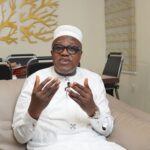


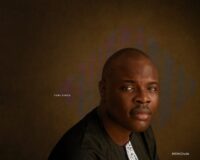


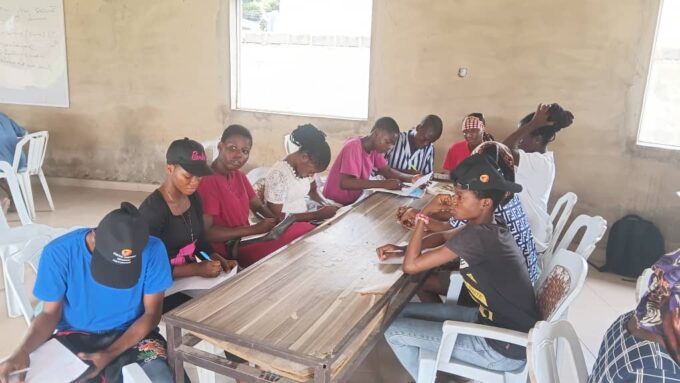
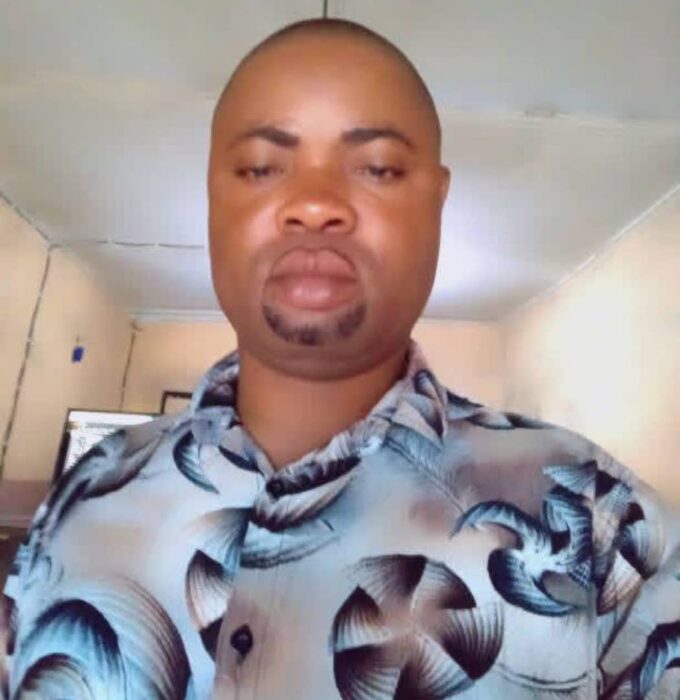





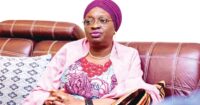
Leave a comment